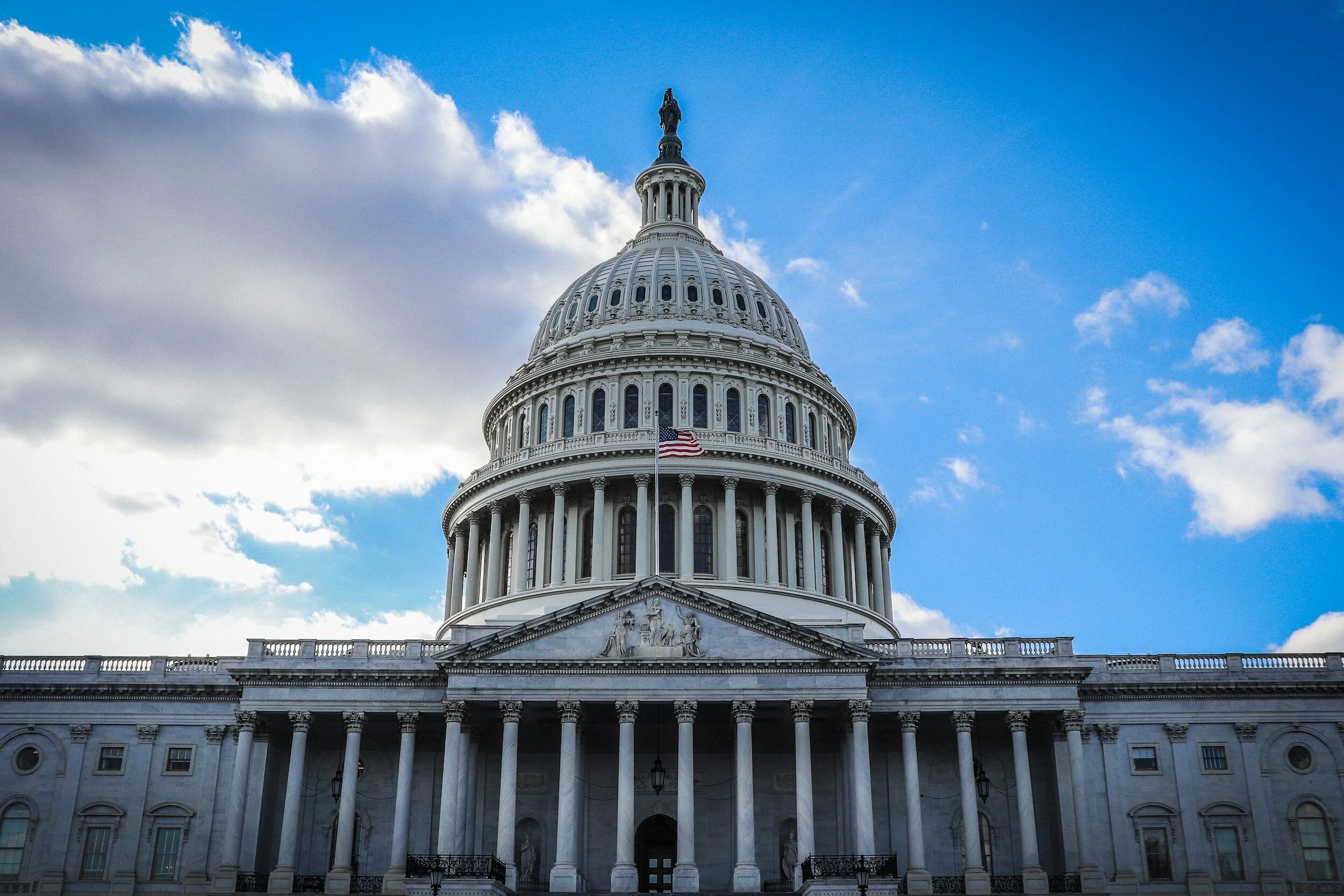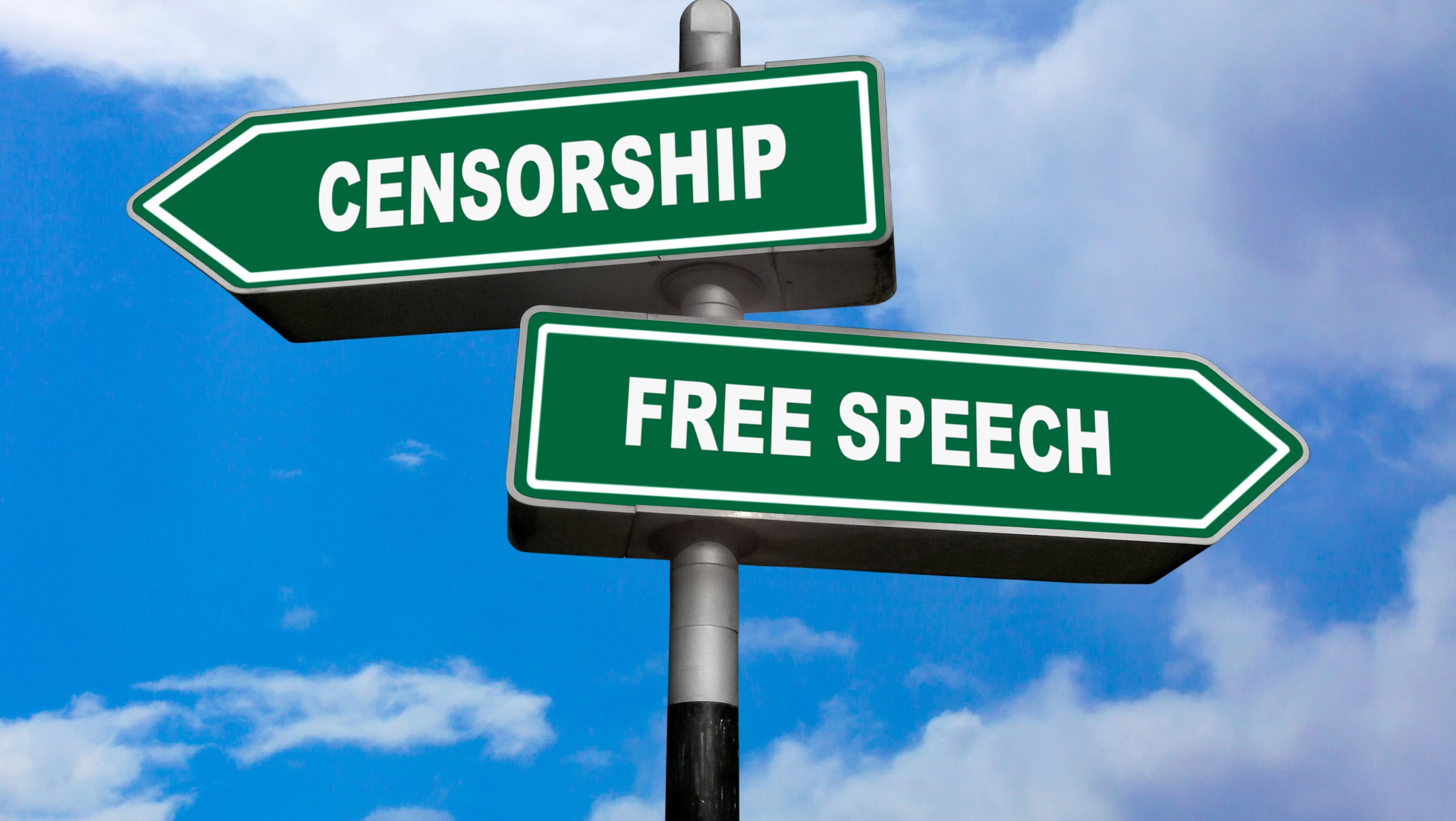Free Speech Implications of the New HHS Gender Pronoun Policy
The New Pronoun Policy Debate
The Department of Health and Human Services (HHS) recently implemented a controversial policy mandating the use of preferred gender pronouns by its employees. The goal of this directive, which has the support of White House executive orders, is to end gender discrimination and ensure respect for gender identities. However, this policy has sparked significant debate. Critics, including former HHS official Roger Severino, argue that it infringes on employee rights and compels them to express views that may contradict their personal beliefs or faith. This debate raises crucial questions about the balance between anti-discrimination efforts and the right to free speech.
Understanding the First Amendment
The First Amendment to the U.S. Constitution is a cornerstone of American democracy, protecting the freedom of speech, religion, press, assembly, and the right to petition the government. It is primarily intended to prevent government censorship or control over the expression of ideas and opinions. The essence of this amendment is to allow individuals to speak freely without fear of retribution or coercion by the state. This freedom is one of the fundamental principles that define American values and democracy.
This freedom of expression is not just a legal right, but a cultural value deeply embedded in the American ethos. It allows for a dynamic and pluralistic society where differing viewpoints can coexist and be debated. Moreover, the First Amendment's protection extends beyond the spoken or written word, encompassing a wide range of expressive conduct. This broad interpretation ensures that freedom of expression remains robust and adaptable to changing societal contexts, thereby maintaining its relevance and vitality in the ever-evolving tapestry of American life. In essence, the First Amendment reflects and reinforces the democratic principle that a well-informed and freely speaking populace is essential for the health and progress of a society.
I can remember, as a child, that the American Civil Liberties Union (ACLU) would fight in court to protect the rights of the KKK to march in cities. The reason the ACLU would defend an organization as atrocious as the KKK was simple. The ACLU would argue that the First Amendment protects all speech, especially the speech and writings of those we consider to be the most abhorrent. Evelyn Beatice Hall paraphrased Voltaire, the 18th-century philosopher: "I disagree with what you say, but I will defend to the death your right to say it".
The Conflict Between the Pronoun Policy and Free Speech
There appears to be a fundamental conflict between HHS's pronoun policy and the principles enshrined in the First Amendment. While the policy aims to create a discrimination-free workplace and respect for gender identity, its critics argue that it compels speech and forces individuals to articulate statements that may conflict with their personal beliefs or scientific viewpoints. This compulsory aspect of the policy is seen as an overreach by the government, compelling speech rather than merely restricting it, which traditionally falls under the purview of the First Amendment. Such a mandate not only challenges the notion of voluntary speech but also raises concerns about the extent to which the government can impose its values on individual expression. Additionally, this issue touches on the delicate balance between ensuring a respectful and inclusive environment and maintaining the fundamental right to freedom of thought and speech, a cornerstone of democratic societies. The debate thus centers on whether the pursuit of inclusivity should override the individual's right to free speech, especially when it concerns deeply held personal or religious beliefs.
The Compelled Speech Problem
The core issue in this debate revolves around the concept of 'compelled speech.' The new HHS policy, by requiring employees to use specific pronouns, effectively forces people to express ideas or beliefs with which they may not personally agree. This approach seems at odds with the traditional understanding of the First Amendment. The First Amendment is known for protecting not only the right to speak freely but also the right not to be compelled to express ideas against one’s beliefs. The U.S. Supreme Court, in landmark cases, has upheld the principle that the government cannot force individuals to communicate messages they disagree with. This stance reflects the deep-rooted value of freedom of expression in American society, encapsulated in what has become known as “The compelled speech doctrine”. A notable example of this doctrine's application was in cases regarding public schools, where it was ruled that children could not be forced to stand or recite the pledge of allegiance. The fundamental issue remains consistent: the government should not compel individuals to use speech they do not wish to use, a principle that is clear and unequivocal. Critics of the HHS policy argue that it infringes upon employees' constitutional freedom by mandating speech that aligns with a particular viewpoint.
Legality vs. Morality: The Rudeness Argument
Another angle in this discussion revolves around the distinction between what is legally enforceable and what is morally or socially expected. While it might be considered rude or disrespectful not to use someone's preferred pronouns, there is an ongoing debate about whether such behavior should be subject to legal penalties, such as a criminal record or fines. The HHS policy brings this issue to the forefront, raising the question of whether the government should impose legal consequences for actions that, while potentially disrespectful, do not necessarily violate any laws. This debate taps into broader discussions about the role of government in regulating speech and behavior, especially in areas where legal enforcement might encroach upon individual liberties and personal beliefs. If using incorrect pronouns can lead to disciplinary action or more severe legal repercussions, it naturally leads to the question: could similar penalties apply to other forms of disrespectful or offensive behavior in the workplace, such as making fun of someone's weight or style of dress? This concern hinges on the idea of where the line is drawn between creating a respectful, discrimination-free workplace and overregulating personal interactions to the point of legal ramifications for what might be considered rude or insensitive remarks. While policies against harassment and discrimination are essential in any workplace, there's a nuanced debate about whether extending these policies to include actions that hurt feelings, though offensive, could lead to an overreach of legal authority. Moreover, the implications of such policies are significant. They could potentially set a precedent where a wide range of personal slights or insults, previously handled through interpersonal communication or human resources mediation, might now be elevated to legal disputes. This shift could lead to a workplace environment where employees are constantly wary of legal consequences for their words, potentially stifling open communication and creating a culture of fear rather than mutual respect.
Historical Precedent for Compelled Speech
The concept of forced speech is not new and has been a characteristic of authoritarian and communist regimes over the last hundred years or so. In these systems, the government often dictates the language and terms that individuals must use, aligning public expression with the state's ideology. This control over speech is a tool for suppressing dissent and reinforcing government propaganda. It stands in stark contrast to the American principle of free speech, where individuals are free to express their thoughts without fear of government coercion or retribution. In such regimes, the absence of free speech often leads to a stifled society where innovation and individualism are suppressed. This history serves as a reminder of the value of protecting free expression as a means of upholding a diverse and dynamic society.
Historical examples include the Soviet Union under Stalin, where the government controlled all forms of communication and made certain words or phrases illegal, leading to the brutal suppression of dissenting opinions. Similarly, in Nazi Germany, the failure to express hatred for Jews or Catholics could result in severe repercussions, including a visit from the Gestapo. More recently, in North Korea, the government exercises strict control over speech, severely punishing those who deviate from the prescribed narrative. These examples illustrate the extreme consequences of forced speech policies, where governments not only suppress free expression but also manipulate public discourse to maintain power and control over the population. The comparison with these regimes underscores the importance of vigilantly protecting free speech to prevent even the slightest encroachment on this fundamental right.
A Canary in the Coal Mine
This policy by the HHS, though well-intentioned in its aim to protect gender identity rights, could set a dangerous precedent. If the government can mandate the language that its employees must use, it raises concerns about the potential for broader control over speech and thought. This slippery slope could lead to more invasive measures by future governments, eroding the foundations of free speech and potentially paving the way for more authoritarian governance. It is a warning sign that must be heeded to preserve the fundamental freedoms that define American democracy. The gradual erosion of these freedoms can begin with seemingly small policies, but over time, they can accumulate, leading to a significant loss of personal liberties. Therefore, it's imperative to critically examine such policies, ensuring they don't undermine the basic rights that are essential for a free and open society. The implementation of compelled speech by the government serves as a canary in the coal mine, signaling a potential drift towards authoritarianism or totalitarianism. Allowing such mandates to go unchallenged could normalize government intrusion into private speech and thought, ultimately endangering the very principles of liberty and personal autonomy that form the bedrock of democratic societies.



